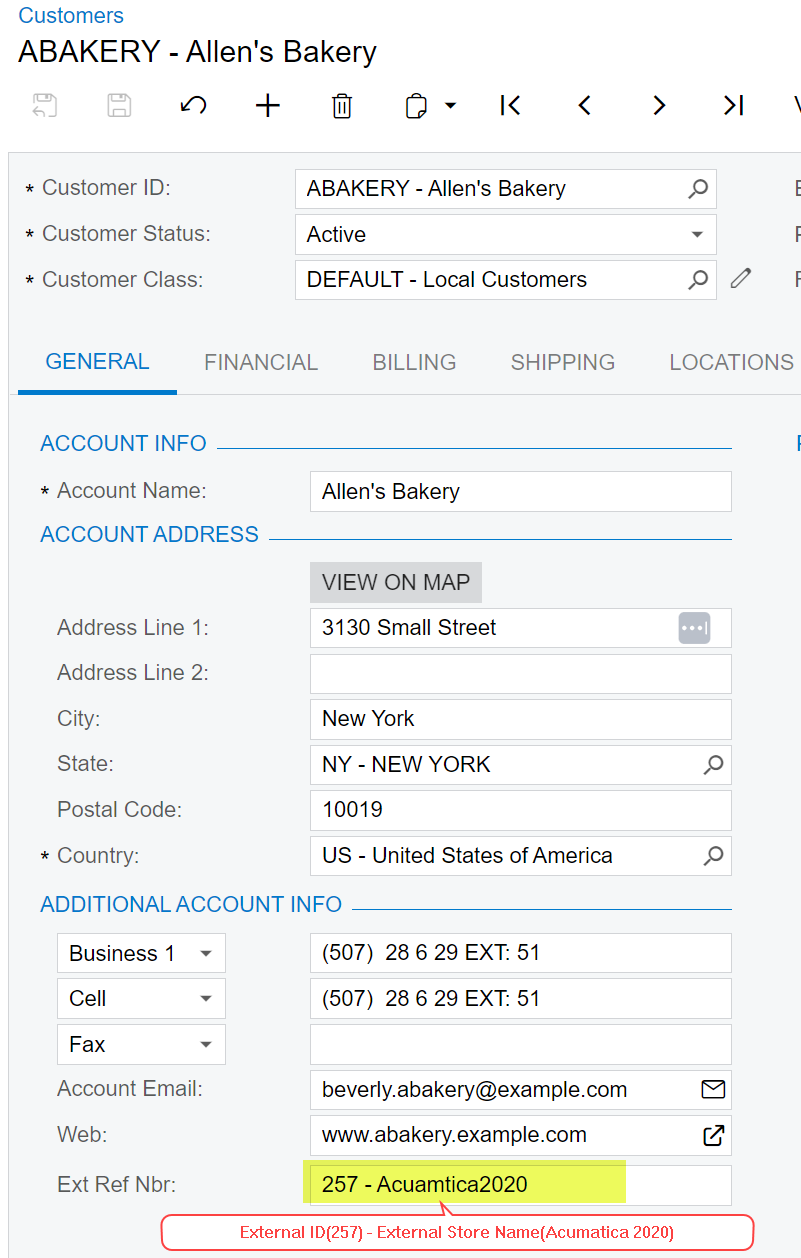Be default, commerce connector merges customers from external systems using the same email address. i.e. when you have two or more customers from one or more stores irrespective of the connectors(Shopify, BigCommerce etc.,) imported into Acumatica, the connector creates one customer record for all.
But because of some business scenarios if this is required to not to be merged and create separate customer records, then this could be done using the attached customization.
Once the customization is published, you see a new checkbox called “Merge Duplicate” in Entities(BC202000) form.
If checked for the stores for the customer entity, then customer records from different stores would be merged and you would have one customer per email ID.
If checked for few stores and not for all, then checked stores will create a separate customer records but unchecked stores will share a common customer record.









